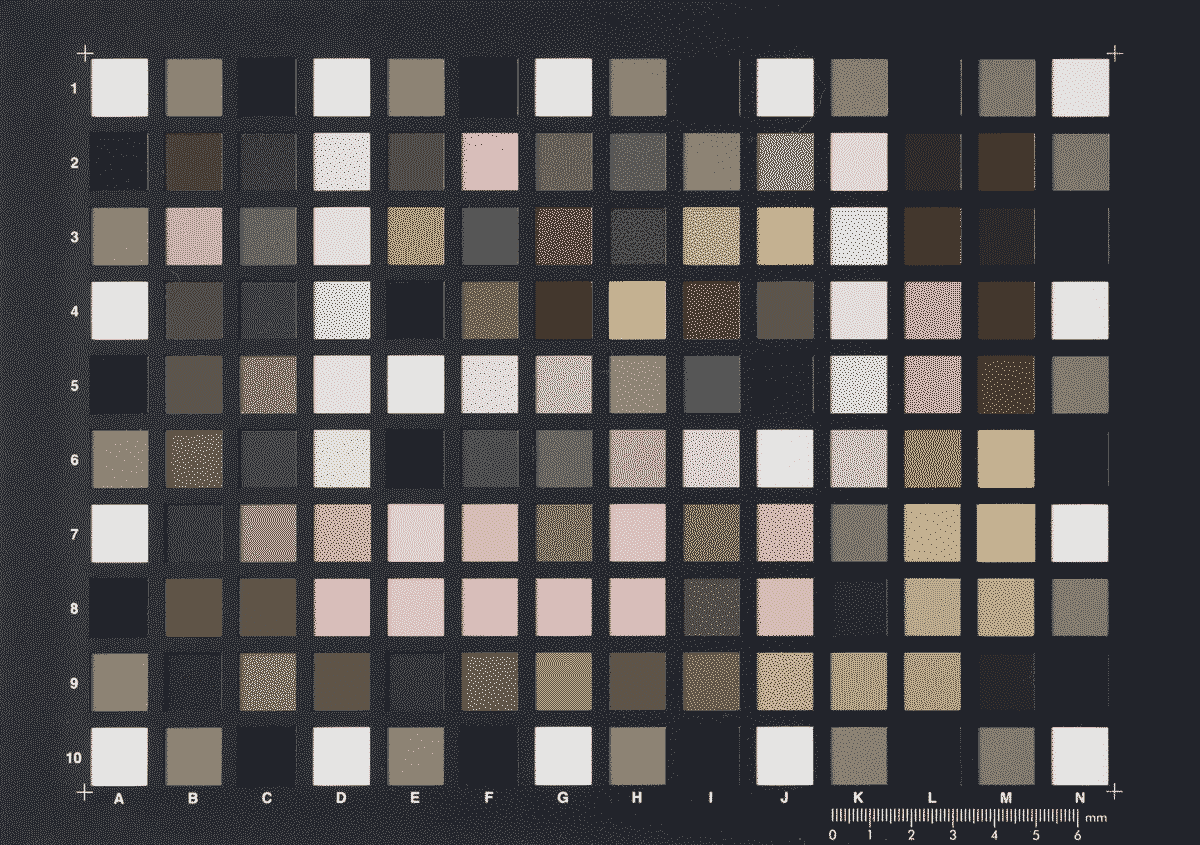Regimes of Representability

Yet, none of these discussions and critiques have prevented those technologies framed as AI that have come to govern what we see, remember, and believe to know. In this CML in-conversation event, we will therefore discuss how AI has, despite all its known shortcomings, established credibility, reliability, and relatability — as e.g., a more ethical tool of representing violence, a more personal and intimate respondent, or a more balanced consensus-builder.
Thao Phan will present her and Fabian Offert’s research on nonhuman witnessing through AI. Through the discussion of two projects, Exhibit.ai and Calculating Empires, they interrogate the paradox of AI: that a technology that is itself unrepresentable is tasked and sold as a more ethical way of documenting and representing the unrepresentable (e.g., genocidal violence). They analyse the political propositions of both these works, and in particular, their suggestion to work with/through AI to negotiate the representability of forms of political violence today.
Ranjodh Singh Dhaliwal will discuss the rise of AI-branded computational photography in our smartphones, particularly as it aims to correct for the racism of previous regimes, especially that enabled by the disparate rendering of skin color in film photography. Through a closer look at the hardware, software, and media representations of Google’s Real Tone technology, he shows how our images and our infrastructures today mis-represent the possibility of aesthetic and technical solutions to sociopoliticoeconomic problems.
In a follow-up conversation with CML contributors Qingyi Ren, Jisoo Lim and Johannes Bruder, Thao and Ranjodh will also discuss strategies of resistance against the new regimes of representability that AI technologies have introduced. How can we reclaim agency in the process of knowledge generation as bots & algorithms are—more or less subtly—changing the make-up of reality?
Suggested reading
- Phan, T. & Offert, F. (2024). A sign that spells. Machinic concepts and the racial politics of AI. Journal of Digital Social Research 6 (4), 49–59. https://publicera.kb.se/jdsr/article/view/40462.
- Phan, T., & Wark, S. (2021). Racial formations as data formations. Big Data & Society, 8(2). https://doi.org/10.1177/20539517211046377.
- Singh Dhaliwal, R. & Offert, F. (2024). The Method of Critical AI Studies, A Propaedeutic. arxiv preprint arXiv:2411.18833. https://arxiv.org/abs/2411.18833.
- Singh Dhaliwal, R. (2023). On Contemporary Image Making: Celebritiy Holograms, Tricky Ghosts, and Other Technologies of Political Bodies. Transmediale Journal 6: Scale. https://transmediale.de/en/journal/celebrity-holograms.
Tuesday, 16 September 2025
2:00 pm
Housekeeping & Intro
Qingyi, Jisoo, Johannes
2:15 — 2:45
Are some things (still) unrepresentable?
Thao Phan
2:45 — 3:00
Break
3:00 — 3:30
Silicon Does Not See Color: On Computational Photography and Infrastructures of Representation
Ranjodh Singh Dhaliwal
3:30 — 4:15
Conversational Q&A
Qingyi × Jisoo × Thao x Ranjodh x Johannes x Audience
Ranjodh Singh Dhaliwal holds the professorship in Artificial Intelligence and Media Studies at the University of Basel, where he also directs the Digital Humanities Lab. He is the co-author (with Théo Lepage-Richer and Lucy Suchman) of Neural Networks (University of Minnesota and Meson Press, 2024), and his award-winning writing on the politicoeconomic and sociocultural entanglements of our technological cultures—situated between media theory, literary studies, computer science, critical design, and STS—can be found in Critical Inquiry, Social Text, Configurations, JCMS, and Design Issues, among other venues.